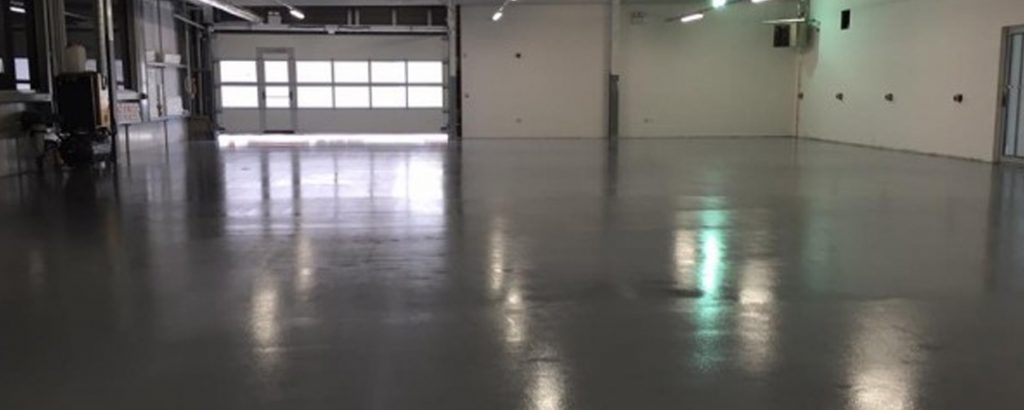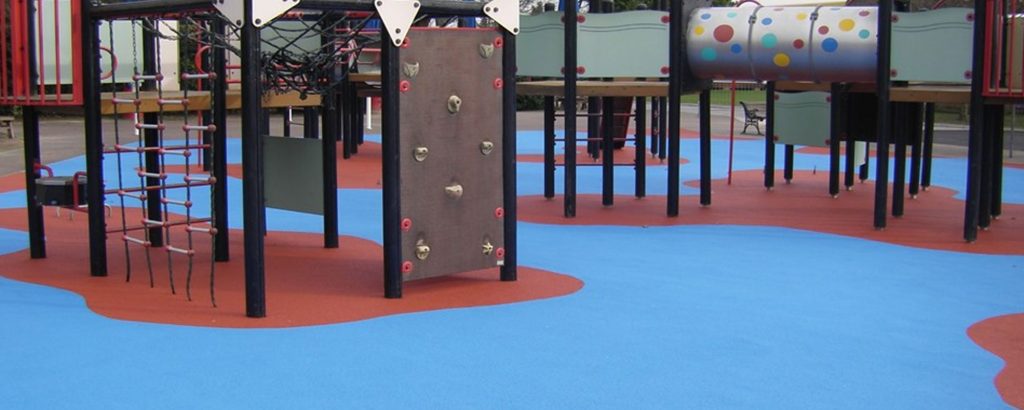Spillages and stains are inevitable as you use your driveway and go about your everyday life. You may have had an oil, transmission fluid, petrol, or diesel spill as result of a leak in the car, topping up your oil or an incident with the leaf blower. Don’t worry. There is usually a solution depending on the type of driveway you have. See our tips to remove oil stains from your driveway below.
Get a free resin driveway quote
Fill out our contact form with more details about your driveway and we’ll get in touch with a more accurate, no-obligation resin drive cost.
Tips for removing oil stains from your driveway
Firstly, to preface the use of the tools and techniques below:
- If your driveway is on a slope, start at the top so the dirt and water doesn’t wash over the parts you’ve cleaned.
- Start with products you find at home to save time and money, then use a dedicated product if you have to – don’t be afraid of trial and error! More on the types of products to use below.
- Bear in mind that old and new stains will likely have different approaches and stains of different sizes will need different things. Adapt appropriately.
- If you’re using chemicals, watch out for the impact on plants and yourself. Look up the number for poison control before you start and keep kids and animals out the way.
- Concrete and tarmac are tough materials, they won’t mind you putting in some real energy to your scrubbing.
- Take care if your driveway has a resin coating – some products damage the coating on the surface, so check carefully. Find out more about resin driveways.
- Oil is flammable – make sure you dispose of leftover rags or paper etc safely if you’ve used them.
Household products you can use to remove oil stains from your driveway
A different household product can be used at each stage of cleaning. You’ll definitely have plenty you can put to good use. For non resin driveways, you can follow the steps below:
- If it’s still wet, you need to remove the liquid.
- Cover the stain with cat litter, sawdust, sand, cornmeal, cornstarch or baking soda to absorb the oil before it soaks into the cement. Leave it for a while; after it’s saturated, brush it off and dispose of it. (If you get to it in time, this might be enough.)
- Now it’s time to scrub. Sprinkle baking soda or powdered laundry detergent on the stain, then carefully pour on enough warm water to form a paste. Alternatively, pour vinegar, dish soap or even cola onto the stain. Scrub vigorously for around two minutes, then let the mixture sit on the stain for a minimum of half an hour. This works because these things are acids and alkalis that are good at breaking down grease, the grit of the powders work as abrasives to help lift the stain, and they’re surfactants, meaning they encapsulate dirt and help wash it away.
- Next, you need to wash it away with soap. Use warm water and dish soap or household soap generously across the area. Soap is formulated to cut grease, which makes it particularly helpful here. If the stain is stubborn, you can scrub extra hard here, but if you can see the stain coming up well, a normal firm clean will be sufficient.
If your stain is small but hard to remove, you can use a poultice, made up from an absorbent material (like from the first step above) and a solvent (acetone, found in nail varnish remover; lacquer thinner; xylene). Apply it as a thick paste and wait 24 hours before removing it and washing down the area.
If your stain is stubborn, don’t be afraid to go again with round two before moving on to a purpose-made product!
Best tools and cleaning products for cleaning oil from your driveway
First of all, you’ll want some strong gloves to protect your hands from grazing against the concrete as you scrub, as well as from chemicals that could be harmful on your skin. In the same vein, you should use goggles or safety glasses if they’re necessary for your cleaning product.
All stains need brushes. Firstly, a long handled sweeping brush for clearing the area before you work, and possibly for cleaning up your dry material if you’ve got excess liquid to clean up. You’ll also need a robust, firm-bristled scrubbing brush for when you’re applying the cleaner.
You’ll be in need of a good bucket, or hose, in order to clean your product of choice off your nice newly clean driveway.
If you need a purpose-made cleaner, a microbial stain remover is your first port of call. It’s biodegradable, and you can later clean the area with soap and water.
Your next go-to is a dedicated concrete cleaner or degreaser, available from hardware stores, garages or mechanics. It’s formulated to be diluted before use, but you can use it at full-strength for particularly stubborn stains.





